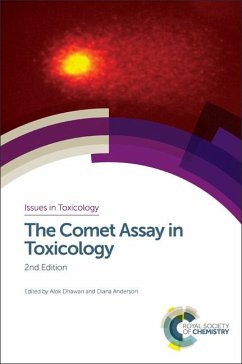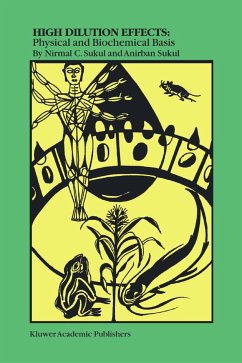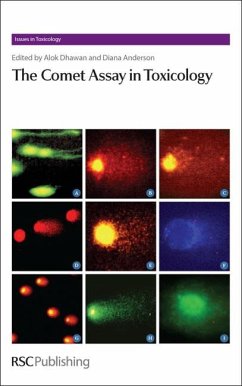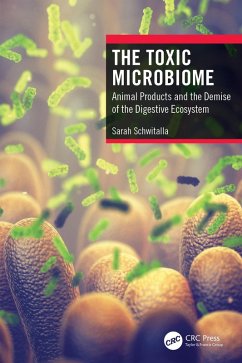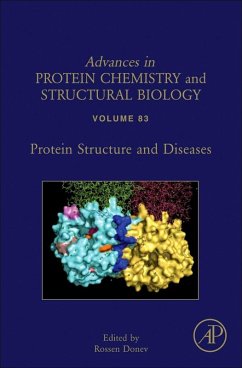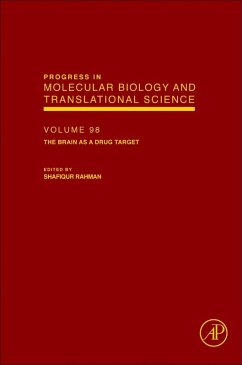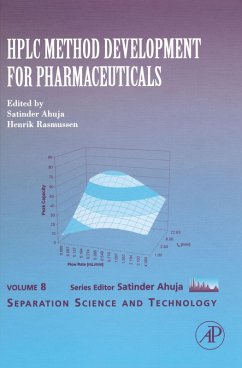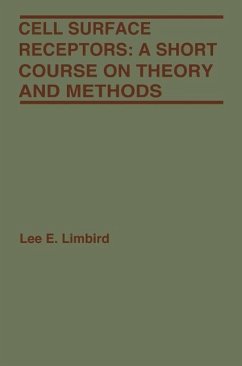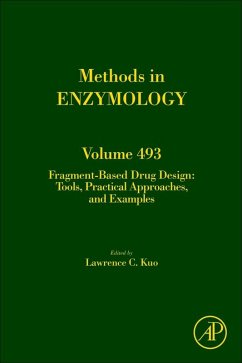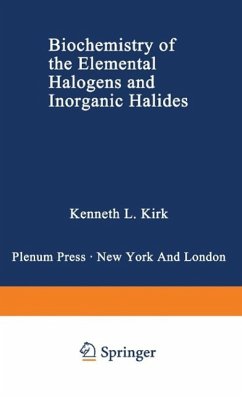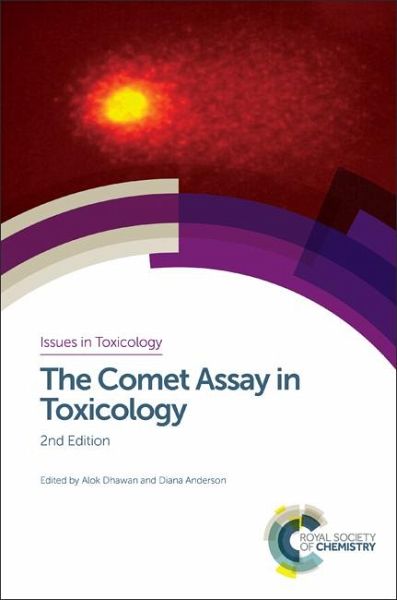
The Comet Assay in Toxicology (eBook, PDF)
Versandkostenfrei!
Sofort per Download lieferbar
221,95 €
inkl. MwSt.
Weitere Ausgaben:

PAYBACK Punkte
111 °P sammeln!
Concerns about the adverse effects of chemicals present in the environment have created a need for better systems to assess their potential consequences on human health. One potential solution is the versatile and state-of-the-art Comet assay. Simple, sensitive, rapid and visual, this modern toxicological method allows quantitative and qualitative assessment of DNA damage in single cells. This assay is used in diverse fields ranging from clinical applications, human monitoring and environmental toxicology through to genetic toxicity testing.This updated and revised edition of The Comet Assay i...
Concerns about the adverse effects of chemicals present in the environment have created a need for better systems to assess their potential consequences on human health. One potential solution is the versatile and state-of-the-art Comet assay. Simple, sensitive, rapid and visual, this modern toxicological method allows quantitative and qualitative assessment of DNA damage in single cells. This assay is used in diverse fields ranging from clinical applications, human monitoring and environmental toxicology through to genetic toxicity testing.
This updated and revised edition of The Comet Assay in Toxicology provides the latest information on this important tool. It addresses, in-depth, the different protocols, statistical analyses and applications used worldwide. It also includes the guidelines recommended by the Working Group on Comet Assay. The book begins with a review of the genesis of the assay for those new to the technique and goes on to explain procedures followed to assess different types of DNA damage, various applications of the assay, and guidelines for the conduct of the assay in in vitro and in vivo systems. New chapters written for this edition will provide information on the most contemporary approaches and applications, including in silico approaches, on meta-analysis of data and on the application of the Comet Assay in nanotoxicology.
This book will serve as both a reference and a guide to students as well as investigators in the biomedical, biochemical and pharmaceutical sciences fields.
This updated and revised edition of The Comet Assay in Toxicology provides the latest information on this important tool. It addresses, in-depth, the different protocols, statistical analyses and applications used worldwide. It also includes the guidelines recommended by the Working Group on Comet Assay. The book begins with a review of the genesis of the assay for those new to the technique and goes on to explain procedures followed to assess different types of DNA damage, various applications of the assay, and guidelines for the conduct of the assay in in vitro and in vivo systems. New chapters written for this edition will provide information on the most contemporary approaches and applications, including in silico approaches, on meta-analysis of data and on the application of the Comet Assay in nanotoxicology.
This book will serve as both a reference and a guide to students as well as investigators in the biomedical, biochemical and pharmaceutical sciences fields.
Dieser Download kann aus rechtlichen Gründen nur mit Rechnungsadresse in A, D ausgeliefert werden.




